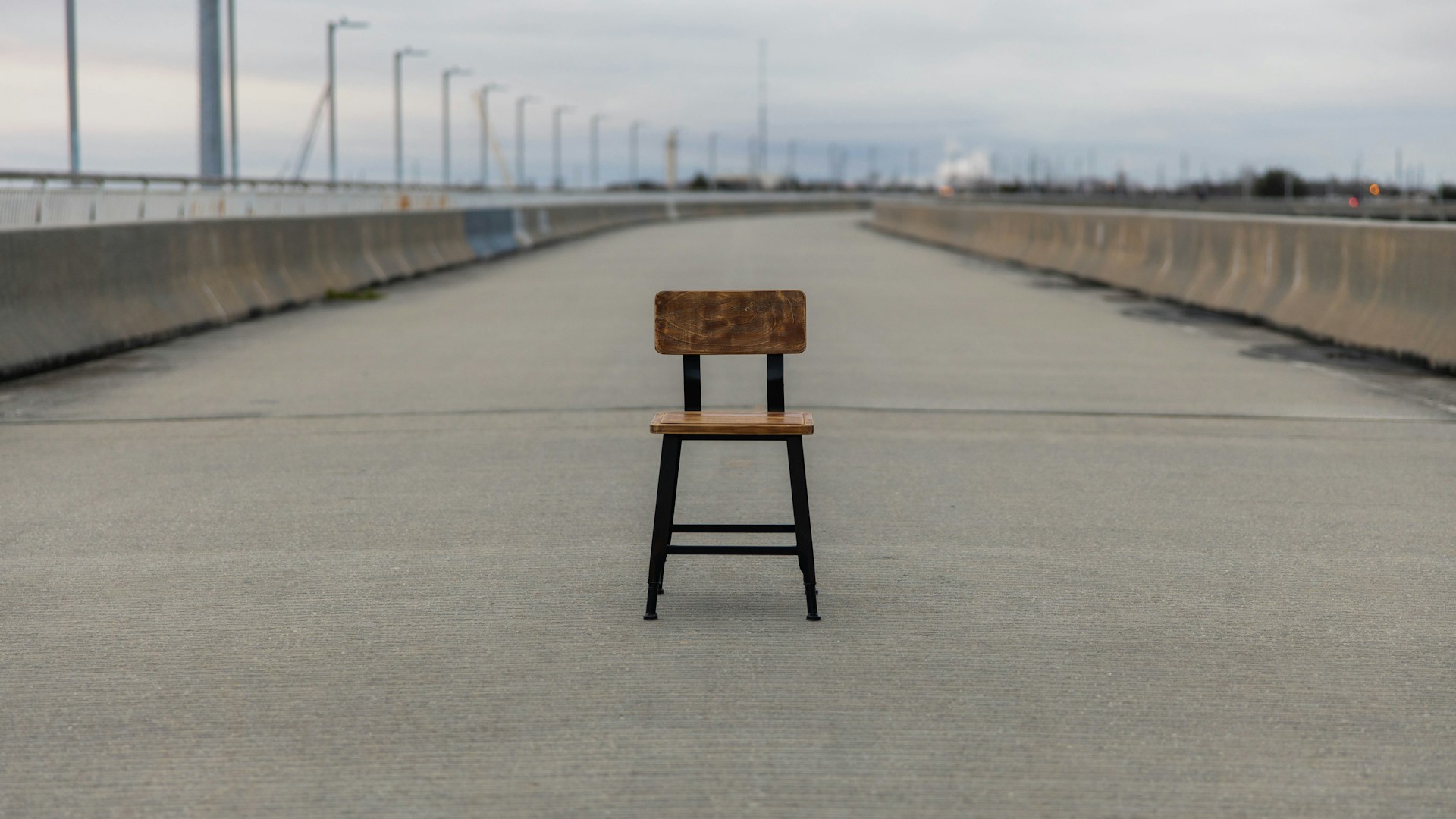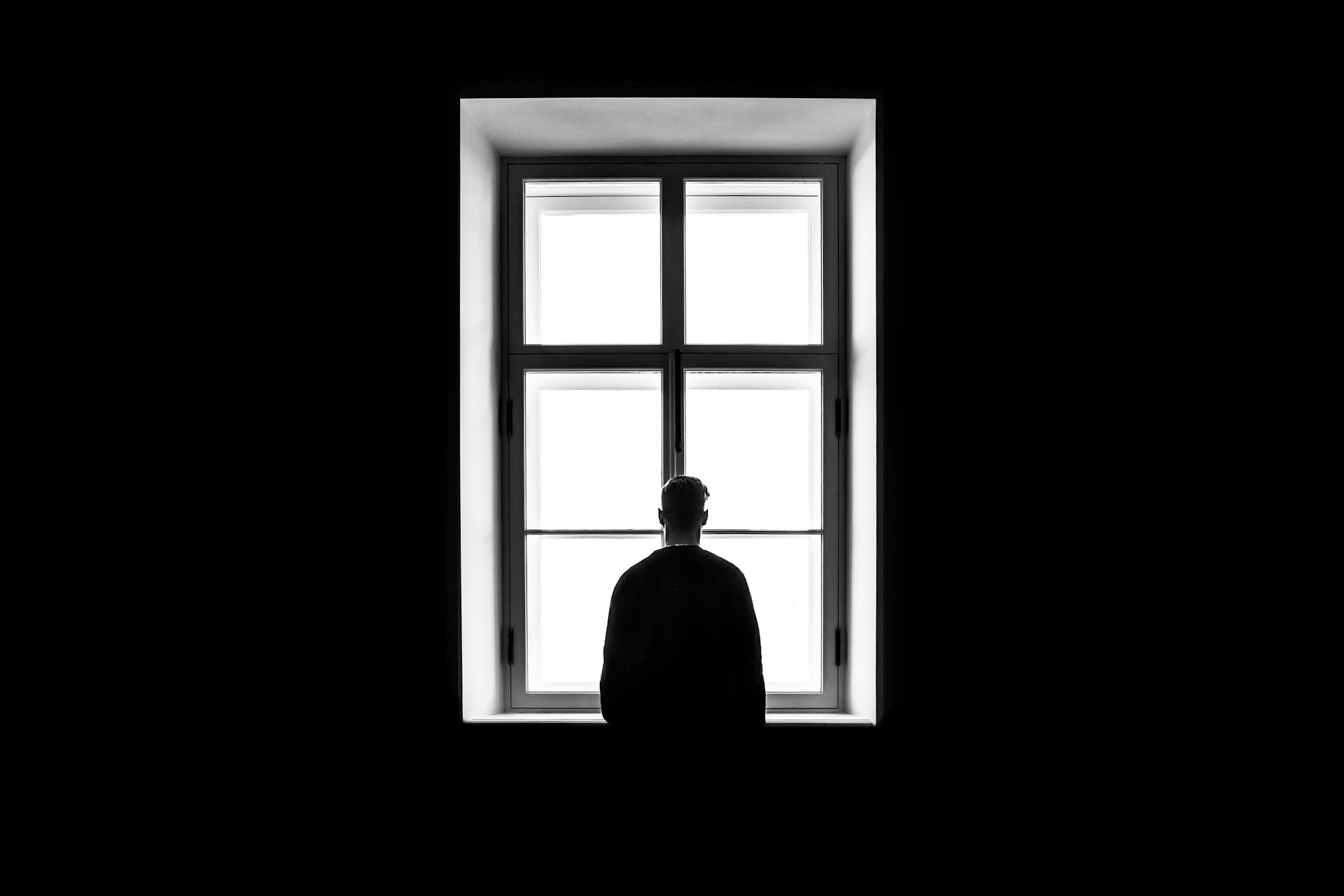The Subtle Effects Of Trauma: A Look Into Social Withdrawal
Behavior categorized as “social withdrawal” is defined as the avoidance of social gatherings or events that a person would normally enjoy due to overwhelming feelings of stress, shame, self-hatred, or $ other unpleasant feelings$ .
Author:Stefano MclaughlinReviewer:Dexter CookeJun 10, 202461K Shares898.3K Views

Have you ever woken up on the wrong side of the bed? Just from the moment you open your eyes, everything feels wrong. It’s been a while since your last shower, your hair is in a mess, you’re angry at everything for no particular reason, and everything just feels like too much effort. It’s a fairly common feeling, the sense that the day is just bad the second we get out of bed. If we have the misfortune to be having one of these days when we have plans, it’s a normal thing to cancel those plans and take a self-care day.
What do you do if every day feels like this?
Social withdrawal describes a condition where someone actively avoids contact with the outside world. This can mean friends, family, work colleagues. The chronic avoidance of people is usually associated with agoraphobia, but if you're studying an online post-master's FNPor any psychology-related degree, you will know that social withdrawal can be many other things. Most of them are not nearly as rare as agoraphobia.
What Is Social Withdrawal?
It’s normal to cancel plans when you’re feeling run down. It’s normal to feel like going out and socializing will just take levels of physical and mental energy you don’t have right now. In fact with people’s focus on self-care today, canceling plans has become an almost decadent form of joy. While there is nothing wrong with the occasional flake from a social engagement, social withdrawal is so much more.
Behavior categorized as “social withdrawal” is defined as the avoidance of social gatherings or events that a person would normally enjoy due to overwhelming feelings of stress, shame, self-hatred, or other unpleasant feelings. Where cancelling plans to preserve energy is removing yourself from an engagement to preserve yourself, people suffering from social withdrawal symptoms typically still want to go to the event but feel that their presence is an inherent burden on the overall joy of the gathering. They may also believe that they will be rejected or otherwise victimized by other people at the event, usually with no significant indicators that this is true.
What Causes Social Withdrawal?
Social withdrawal like other forms of mental illness can be either acute or chronic. Acute social withdrawal functions much like the social distancing rules of COVID-19, where when under imposed social withdrawal, the desire for social interaction increases. Imposed isolation is linked to loneliness, discomfort, displeasure, and decreased happiness, which goes some way to explain much of the backlash around the COVID-19 pandemic restrictions(even though such restrictions were in place to protect the public).
By the biggest stretch, one could define the canceling of plans as acute social withdrawal, although rather than a symptom of mental illness, plan cancellation is usually a form of self-regulation aimed at self-care rather than withdrawing socially.
Chronic social withdrawal is the phenomenon where due to overwhelming mental distress a person repeatedly avoids contact with social elements, effectively adopting mannerisms similar to, or becoming, a hermit. Where imposed or voluntary isolation usually has a reasonable framing in the form of coherent logic, the latter is motivated by fear or perceived inadequacy. The resulting isolation then serves to deepen these feelings, effectively becoming a self-feeding cycle; the person isolates due to a negative self-image, and the isolation feeds that negative bias.
Social withdrawal is more often a symptom of an illness rather than the illness itself. It has been linked to multiple major mental illnesses, including Anxiety Disorders, Autism Spectrum Disorder (ASD), Depression, Post-Traumatic Stress Disorder (PTSD), Schizophrenia, and Substance Abuse Disorders.
Aside from ASD, the common linking factor among all aforementioned illnesses, is that they typically occur following some kind of traumatic event or experience. For those with any of the previously mentioned disorders, society and the outside world can prove to be too much stimulation, or carry a significant inherent risk of triggering their illness.
Overcoming Social Withdrawal
When people interact, it affects neurochemicals in our brains that help us in our day-to-day struggles. It provides a sense of accomplishment, camaraderie, entertainment, and fulfilment. Without these aspects of joy firing in our brains, the mental illnesses causing the social withdrawal symptoms can become exacerbated, and force the sufferer into an even deeper state of loneliness and withdrawal.
The challenges of social withdrawal represent a major issue for anyone living with it. Overcoming their self-perceptions can be incredibly difficult, however it is possible.
Like any mental illness, the first step is to seek medical assistance. Given the nature of the condition, it may be worth investigating remote options, such as telehealth. This will allow the patient to remain in their safety zone while making progress on their health. Seeing a GP should be the first step to pursue a referral for a psychologist and/or psychiatrist, again, with an emphasis on finding help through means that will allow the patient to progress with therapy at a comfortable pace.
Alongside this, people suffering from social withdrawal symptoms require a solid, and patient, support network of friends and family. It is inherently difficult for these people to go out and find the support they need, so the loved ones around them may need to expend additional effort to see the person socially withdrawing through this difficult period. This can look like an extended trend of people visiting the person at their home, frequent phone calls, invitations to gatherings and events with no expectation or pressure to show up, and frequent interaction via social media etc. It is very important to meet the patient halfway, and not to force them into social engagement, as this may worsen their condition or have other negative effects.
Mental illness is never cut-and-dry, but when a person starts withdrawing socially it can be very scary for all involved. Make sure to meet this challenge with patience and understanding. No one wants to isolate themselves from friends and family, but leaving their comfort zone creates an inherent feeling of danger for these people. Therefore when confronting social isolation, it is important to be calm, and compassionate, and create a feeling of safety outside the home as well as inside.

Stefano Mclaughlin
Author
Stefano Mclaughlin is a Psychologist focused on mental health, emotional well-being, and healthcare policy. He studied Psychology and Public Health at the University of Massachusetts Amherst, gaining a deep understanding of the intersection between mental health and public policy.
Stefano's mission is clear: he aims to destigmatize mental health discussions, improve access to mental healthcare, and promote emotional well-being for all. Drawing from personal experiences with anxiety and depression, Stefano shares real stories to make mental health topics more relatable and less intimidating.
In addition to his advocacy work, Stefano enjoys delving into books, experimenting in the kitchen, and embarking on new adventures. These hobbies fuel his creativity and inspire fresh perspectives for his advocacy work.

Dexter Cooke
Reviewer
Dexter Cooke is an economist, marketing strategist, and orthopedic surgeon with over 20 years of experience crafting compelling narratives that resonate worldwide.
He holds a Journalism degree from Columbia University, an Economics background from Yale University, and a medical degree with a postdoctoral fellowship in orthopedic medicine from the Medical University of South Carolina.
Dexter’s insights into media, economics, and marketing shine through his prolific contributions to respected publications and advisory roles for influential organizations.
As an orthopedic surgeon specializing in minimally invasive knee replacement surgery and laparoscopic procedures, Dexter prioritizes patient care above all.
Outside his professional pursuits, Dexter enjoys collecting vintage watches, studying ancient civilizations, learning about astronomy, and participating in charity runs.
Latest Articles
Popular Articles

